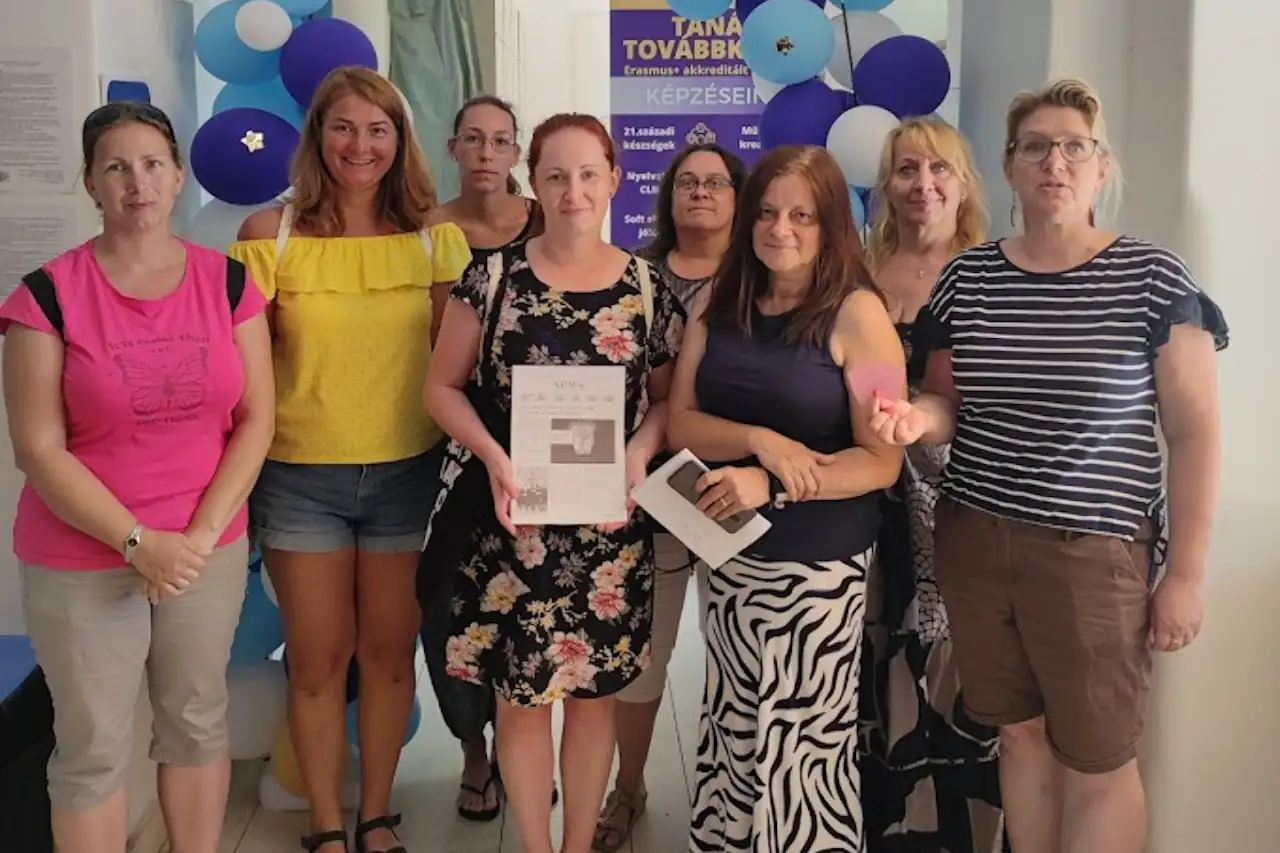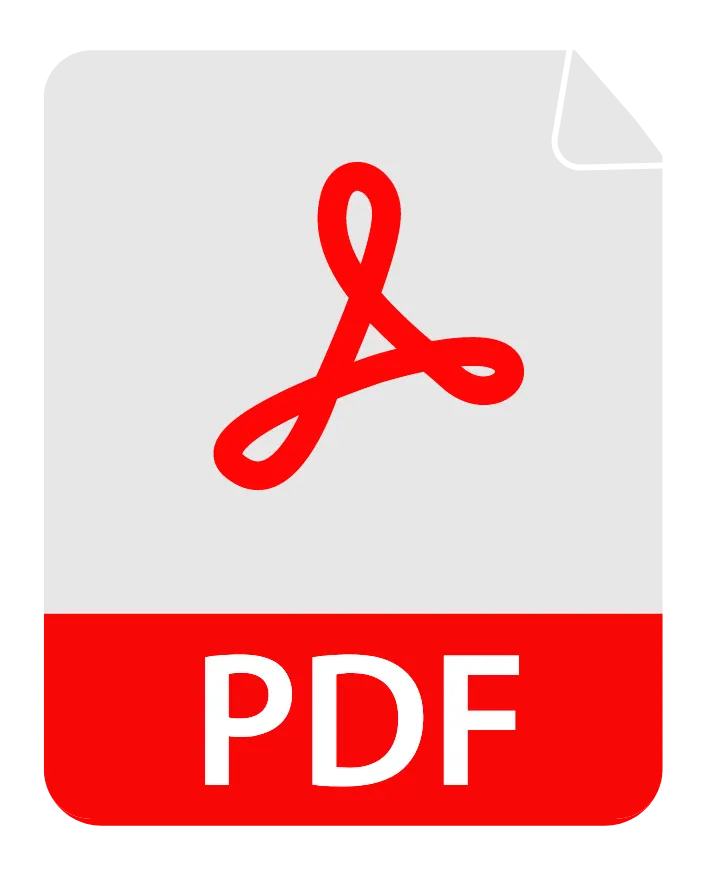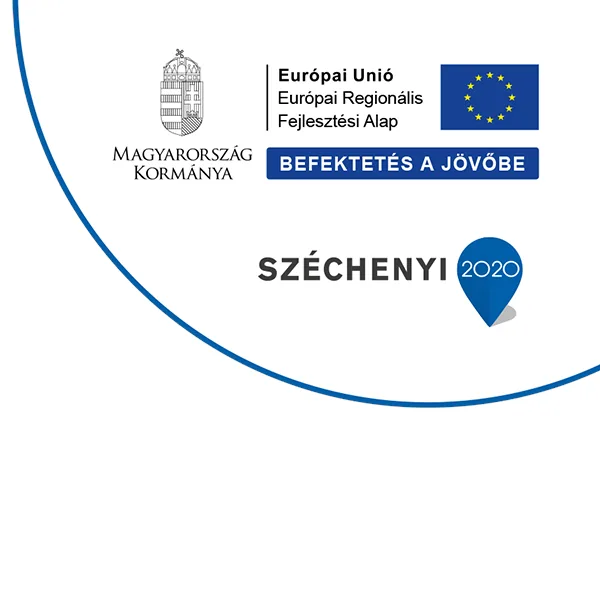Digital storytelling is a learning strategy that develops digital competencies and enhances self-expression and communication. The course will focus on the importance of these skills since they are essential in the 21st century, where future employees need to present their ideas or tasks to engage the audience. The course will also focus on how to make an effective and engaging digital story, and how students can benefit from making and sharing these stories..
Description:
The course will focus on the following topics:
- What is digital storytelling? In what ways is it different from regular storytelling?
- What are the main requirements of a digital story (form, procedure, legal issues)?
- What are the educational purposes of using digital storytelling?
- What are the roles and responsibilities of the teacher/instructor? What are the roles and tasks of the students?
- How can our students safely share these stories?
- How can we teachers effectively assess these stories (peer assessment, assessment criteria, grading possibilities
Aims and objectives:
Besides learning the background theory of digital storytelling, the participants are also required to find ways they can implement this strategy in their own classroom settings and procedures. They will also try to plan a series of lessons about how to introduce the projects. By the end of the course, all participants are required to make their own personal digital stories and they will need to present it in front of the class. After listening to all these presentations, the group will assess all the presentations.

Learning outcomes:
The participants can get an insight into digital storytelling, will learn how to introduce them with their students. They will also learn how to teach their students about making digital stories. With the end of course presentation, they will also experience what it is like to make a story, how long it takes and what steps are important to highlight with their students. They will also get an insight into assessing digital stories with peer-, self- and teacher based assessment.
Target groups:
elementary school teachers, secondary school teachers, K-12 teachers, university lecturers
Minimum level of language: Intermediate (CEFR Level B1)
Duration of training: 35 lessons, 7 days
Trainer: János Ujlaki
Date: 03-09.08.2025 Planned
Location: Rovinj, Croatia
Price: EUR 595, incl. course, certificate, Erasmus+ documentation (if needed), welcome lunch or dinner, farewell cultural activity
Applicable funds: As part of the Erasmus+ Key Action 1 (KA1), all costs for mobility /travel expenses, course fees, accommodation, subsistence fee/ are covered by the fund.

Trainer
János Ujlaki
Teacher of English and Mathematics
János Ujlaki is a teacher of English and Mathematics at Európa 2000 Gimnázium in Budapest.
Kattintson a gombra, jelentkezzen!
Jelentkezem erre a képzésre!


